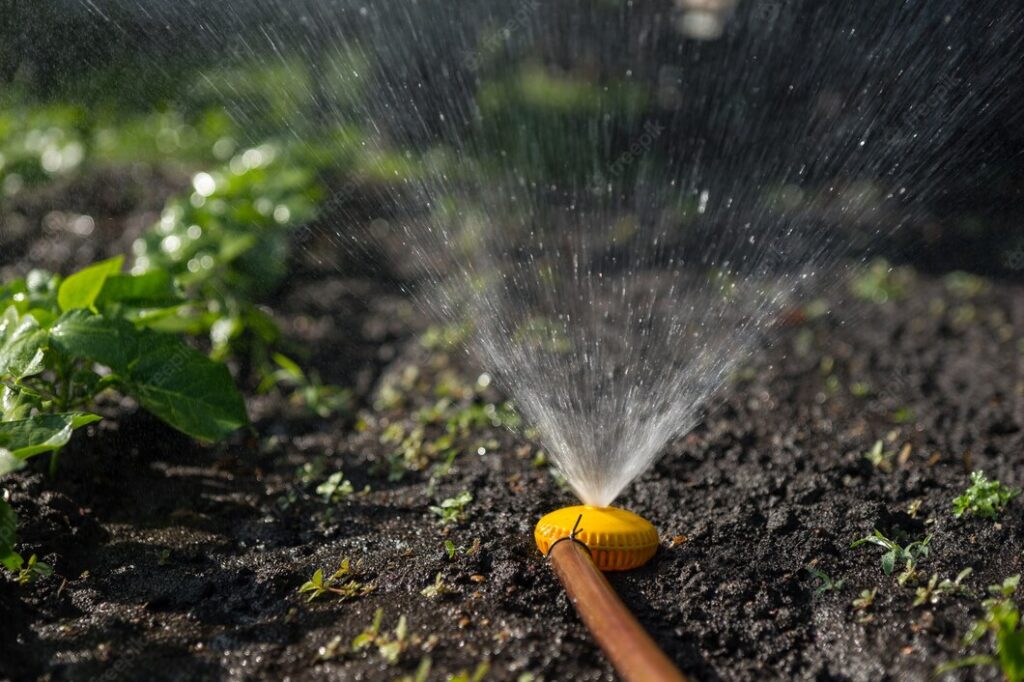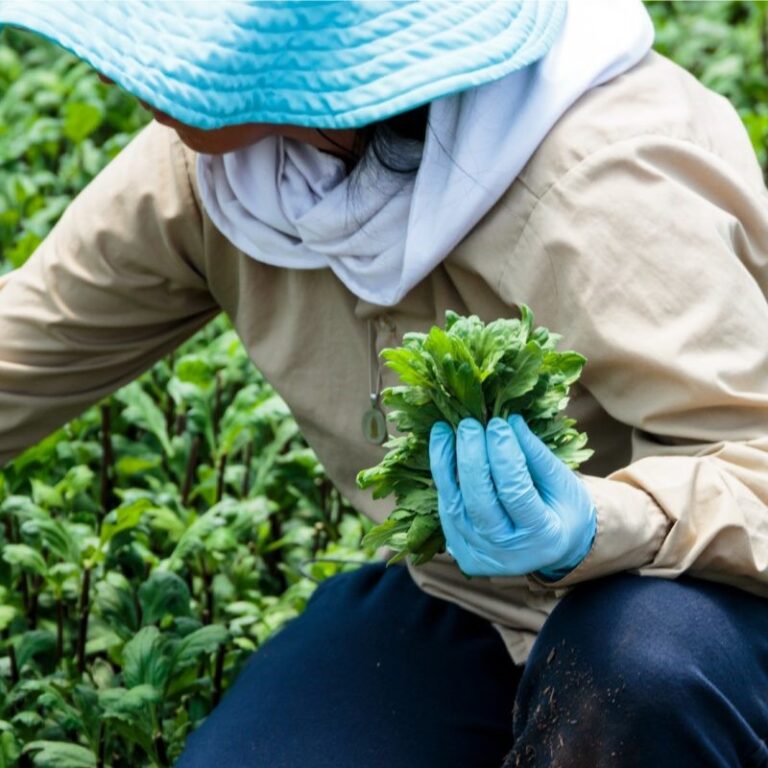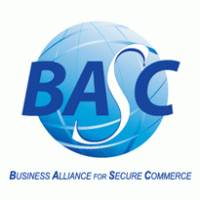Environmental Programs
For over 45 years the staff of one of our largest suppliers has tested and evaluated everything from variety selection, to production input, to social standards and recycling. The company’s production requirements are complex and include on-going research into integrated pest management, post harvest performance and protecting the ozone. In fact, the farm is the proud recipient of the United States EPA’s 2007 Stratospheric Ozone Protection Award.
Water Management


Recycling
Most of our South American farms have integrated waste management programs. All waste material is reused or recycled, aiming to reduce the amount of final waste generated. Organic waste is recycled into compost, while glass, cardboard and plastic are sold at low prices to organized community-based recycling organizations.
Chemical, pesticide, and fertilizer residues are treated by keeping them in waterproof tanks with chemical-proof covers. After four weeks in these tanks these residues separate into sediment and a top liquid layer. The remaining liquid is used to spray the gardens and trees around the farm.
Most of the waste generated by the production process is organic. As an example, one hectare (2.47 acres) of chrysanthemums produces approximately 1.5 tons of fresh organic material weekly. Today mixing compost into the soil before planting is a routine practice for most farms. Incorporating compost helps maintain a fertile soil and improves its water-retention capacity. It also restores the micro-organism population that helps decrease pests and disease.
Integrated Pest Management (IPM)
The Integrated Pest Management Program’s main objective is to reduce the use of pesticides and fertilizers. The program is based on the early detection of insects and fungus on the crops which then determines the type and amount of the pesticides to be used. The goal is to reduce the amount required to a minimum. IPM requires rigorous analysis of climate variables (temperature, humidity, evaporation, light intensity), soil and plant nutritional levels. IPM has helped to achieve not only highest quality flowers, but control of soil diseases and minimal environmental impact by reducing the use of chemical pesticides and fertilizers.

Affiliated Programs
We partner with growers who participate in programs such as these that help ensure a better world for future generations.



The Rainforest Alliance is an international non-profit organization working at the intersections of business, agriculture, and forests to make responsible business the new normal. An alliance of companies, farmers, foresters, communities, and consumers committed to creating a world where people and nature thrive in harmony.
